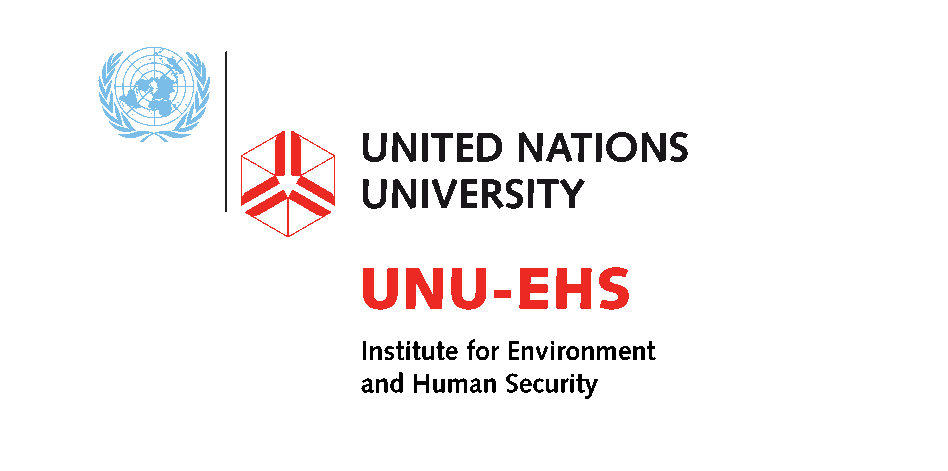Donor: InsuResilience Solutions Fund funded by the German Development Bank (KfW) and commissioned by the German Ministry for Economic Cooperation and Development (BMZ)
Project Contractor: Frankfurt School of Finance and Management.
Cooperation Partner: UNU-EHS
Project Overview
In the context of international financial and technical cooperation, specific climate change adaptation (CCA) measures are ensuring investments that are more sustainable, while promoting assets and economic activities that are more resilient to the impacts and consequences of current and projected future climatic conditions.
The CLIMADA/Economics of Climate Change Adaptation methodology (ECA) provides an entry-point for rationalizing risk management and determining the need for risk transfer strategies.
The project’s main objectives are to support decision makers in developing their adaptation strategy and to develop a CCA measures investment portfolio, including risk transfer.
A plethora of approaches have already been designed to respond to the complexity and the uncertainty of climate change related projects. Among these, none has been fully integrating processes from risk assessment to a feasibility of CCA measures.
The ECA Studies, based on the Economics of Climate Adaptation (ECA) methodology, bridge this gap and offer a unique approach towards the flexible identification of cost-effective CCA measures for a variety of projects and sectors. It addresses in particular the following questions:
1. What is the potential climate-related damage over the coming decades?
2. How much of that damage can be averted, using what type of CCA measures?
3. What investments will be required to fund those measures, and will the benefits of these investments outweigh the costs?
The ECA Studies project offers a systematic and transparent approach that fosters trust and initiates in-depth inter-sectoral stakeholder discussions. The methodology can be flexibly applied from the national down to local level, and adapted to different sectors and different hazards. It also gives guidance on what aspects to focus on during a feasibility study. It provides key information for programme-based approaches, insurance solutions and has the potential to support National Adaptation Plans’ (NAPs) development.
Currently three ECA studies are being implemented on behalf of the InsuResilience Solutions Fund (ISF) in Honduras, Ethiopia and Viet Nam. The three different studies all focus on different hazards, assets, environmental and institutional settings highlighting the methodology’s flexibility.
The overall project is being implemented by UNU-EHS and conducted by a dedicated team of experts.
MCII has identified the development and implementation of the ECA framework as a strategic priority to further its mission statement. This could include providing guidance on topics including risk management, risk transfer, and the identification of insurance approaches within a public risk management strategy. There is a process between MCII and UNU-EHS to promote the ECA framework. MCII also provides project specific advisory to the ECA Studies.
Find more about the project HERE
Project Partners
For this project, UNU-EHS has partnered with the Frankfurt School of Finance and Management, ETH Zurich, the InsuResilience Solution Fund, Kreditanstalt für Wiederaufbau (KfW) and local governments.











